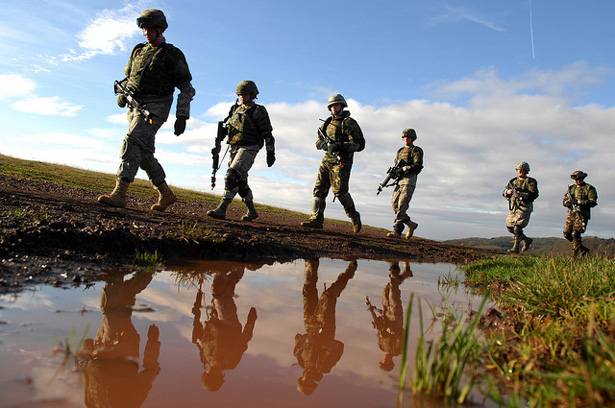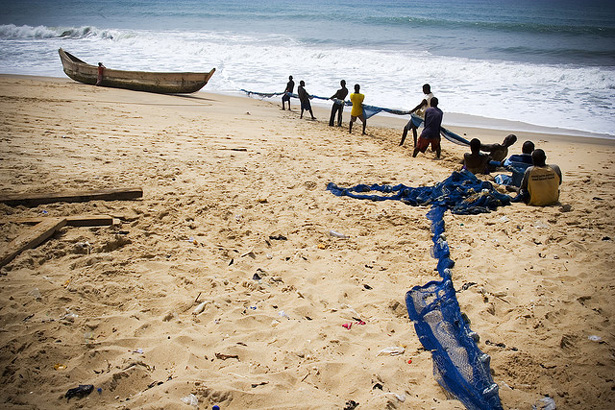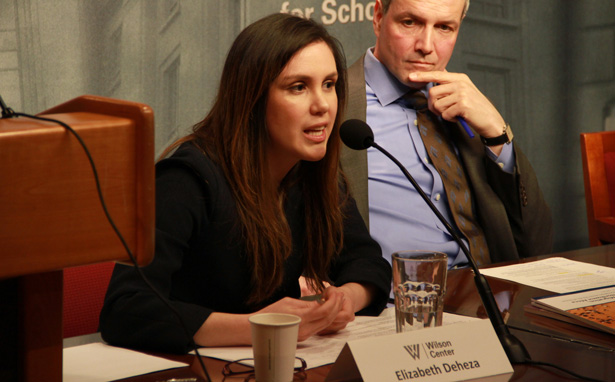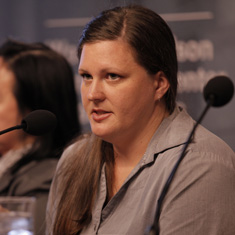-
Youth Farming and Aquaculture Initiatives Aim to Reduce Food and Political Insecurity in Senegal
›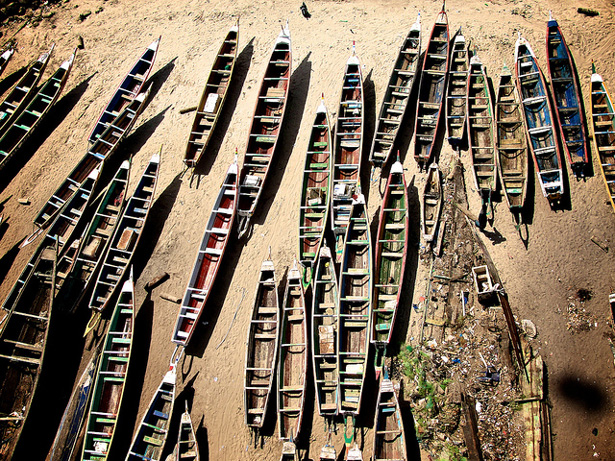
The 2011-12 West African food crisis led to riots in Senegal and Burkina Faso as well as food insecurity for millions of rural and urban poor across the region. The crisis emerged from a number of factors, including instability in northern Mali, increases in global food prices, and low rainfall in the 2010-2011 and 2011-2012 growing seasons. Many countries in the region are now reassessing and expanding domestic agricultural capabilities. At the top of the agenda for Senegal, a democratic republic on track to reach many Millennium Development Goals, is reducing youth unemployment and increasing domestic agricultural capacity.
-
Joan Castro on Engaging Youth to Create Change in the Philippines
›
“Exposing young people to information about PHE [population, health, and environment] and food security dynamics can be a powerful tool to steer their interests and commitment to care for the environment and become sexually responsible individuals,” says PATH Foundation Philippines, Inc. (PFPI)’s Joan Castro in this week’s podcast.
PFPI’s Youth EMPOWER project has trained close to 300 “youth peer educators” in the southern Philippines to promote environmentally sustainable livelihoods, clean up the environment, raise awareness of reproductive health, and encourage participation in local government.
-
Environmental Security: Approaches and Issues (Book Preview)
›
A little over a decade ago when I first became interested in the subject of environmental security, it took me ages to understand what I have since been eager to stress: environmental security is not a concept but rather a debate.
-
Facing the Future: Empowering Youth to Protect Their Health and Environment in Ghana and the Philippines
›
In the Philippines, there are health and development programs that specifically target children, senior citizens, and adults, said Joan Castro, but adolescents are underserved. Nineteen percent of the population is between the ages of 15 and 19, but “they can’t even go to health centers to get the family planning commodities [they desire],” she said. [Video Below]
-
Spring Thaw: What Role Did Climate Change and Natural Resource Scarcity Play in the Arab Spring?
›
Several high-profile reports in the last few months have suggested that climate change and natural resource scarcity contributed to the events that have rocked the Middle East and North Africa (MENA) since December 2010. Thomas Friedman is apparently working on a Showtime documentary about the topic. But what exactly was the role of environmental factors in the mass movement?
-
ECC Platform
Interview With Elizabeth Deheza on Climate-Induced Migration and Security in Mexico
›May 17, 2013 // By Wilson Center Staff
The original version of this article appeared on the Environment, Conflict, and Cooperation (ECC) Platform.
Climate-induced migration in Mexico is a complex issue and the future impact of this phenomenon is neither clear nor agreed upon. The Environment, Conflict and Cooperation (ECC) team talked to Elizabeth Deheza from the Royal United Services Institute for Defense and Security Studies. She and Jorge Mora are the authors of the recent study “Climate Change, Migration and Security: Best-Practice Policy and Operational Options for Mexico.”
-
Leslie Mwinnyaa: Young People Drive Integrated Development in Ghana’s Ellembelle District
›
“I have been amazed and inspired by the youth that I’ve worked with, with their dedication and motivation to help their countrymen and to try to make their communities better places,” says Leslie Mwinnyaa in this week’s podcast.
When Mwinnyaa arrived in the Ellembelle district of coastal Ghana as a Peace Corps volunteer she found a multitude of development challenges. Fishermen routinely use illegal techniques like chemicals, lights, and dynamite that decimate fish stocks; “sand winning” and mangrove clearing increases erosion, leaving communities vulnerable to flooding and reducing breeding grounds for local fish; poor waste and refuse management contributes to disease and poor health; and teenage girls have twice the national rate of pregnancy.
-
Backdraft: The Conflict Potential of Climate Change Adaptation and Mitigation (ECSP Report 14)
›Amid the growing number of reports warning that climate change could threaten national security, another potentially dangerous – but counterintuitive – dimension has been largely ignored. Could efforts to reduce our carbon footprint and lower our vulnerability to climate change inadvertently exacerbate existing conflicts – or create new ones?
Showing posts from category natural resources.



